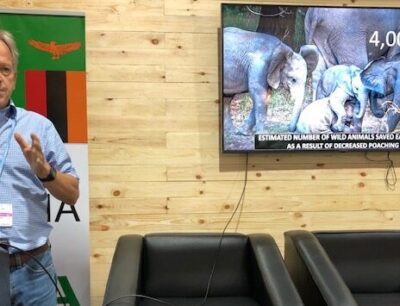COMACO COMMENDS GOVERNMENT’S CONFERENCE OF PARTIES (COP27) APPROACH
Lusaka, Zambia/Africa – The Community Markets for Conservation (COMACO) has commended government for rallying t

Lusaka, Zambia/Africa – The Community Markets for Conservation (COMACO) has commended government for rallying t
In a few days, #COP27 in Egypt will bring Heads of State and thousands of people together to decide the future of #Clima

Lusaka, Zambia/Africa – The Community Markets for Conservation (COMACO) is enabling a multimillion-dollar carbon c